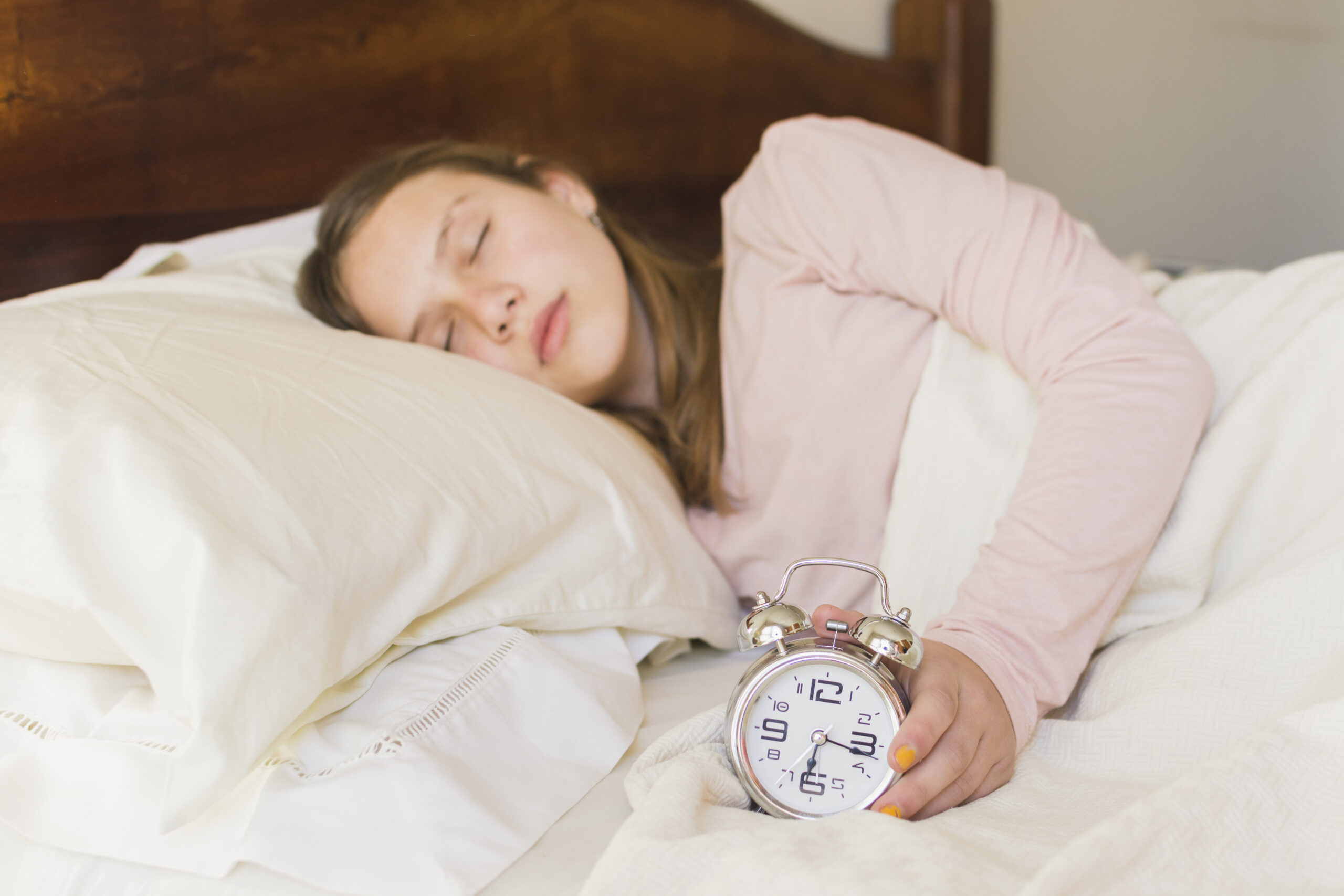🌙 Tips for Improving Sleep Quality: How to Sleep Better Every Night
🛌 Introduction: Why Sleep Quality Matters
In our fast-paced world, sleep often takes a backseat. We work late, scroll endlessly on phones, and wake up tired — only to repeat the cycle. But here’s the truth: quality sleep is not a luxury; it’s a necessity.
Sleep affects every part of our health — from your mood and memory to your metabolism and immune system. According to health experts, adults need between 7–9 hours of restful sleep every night to function properly.
In this guide, we’ll explore scientifically proven tips to help you fall asleep faster, sleep deeper, and wake up feeling fully recharged.
🧠 1. Understand the Science of Sleep
Sleep isn’t just about closing your eyes — it’s a complex biological process that restores the body and mind.
During sleep, your body:
-
Repairs tissues and muscles
-
Balances hormones
-
Strengthens immunity
-
Consolidates memory and learning
There are two main stages:
-
REM (Rapid Eye Movement) — when dreams occur, helps with memory and creativity.
-
Non-REM (Deep Sleep) — when your body repairs itself and releases growth hormones.
If your sleep cycle is disturbed, your body doesn’t get enough of these stages — leading to fatigue, poor focus, and irritability.
🌅 2. Set a Consistent Sleep Schedule
Your body has a natural clock called the circadian rhythm that regulates sleep and wake cycles.
Going to bed and waking up at the same time every day — even on weekends — trains your body to fall asleep naturally.
🕒 Try this:
-
Go to bed at the same time every night.
-
Wake up at a fixed time (avoid snoozing your alarm).
-
Avoid naps longer than 30 minutes during the day.
A consistent routine signals to your body when it’s time to rest.
📱 3. Limit Screen Time Before Bed
The blue light emitted by phones, tablets, and TVs suppresses melatonin, the hormone responsible for making you sleepy.
🔒 Sleep hygiene tip:
-
Turn off screens at least 60 minutes before bed.
-
Use “Night Mode” or “Blue Light Filter” in the evening.
-
Try reading a physical book instead of scrolling social media.
Your mind needs a calm environment to wind down — not the stress of new notifications.
🌿 4. Create a Relaxing Bedtime Routine
Just as children fall asleep to bedtime rituals, adults benefit from pre-sleep routines too. A consistent, relaxing habit tells your body it’s time to rest.
🧘 Try these calming rituals:
-
Take a warm shower or bath
-
Listen to soft, soothing music
-
Try gentle yoga or deep breathing
-
Write in a gratitude journal
-
Sip herbal tea (like chamomile or lavender)
These small steps trigger relaxation responses in your body, helping you drift into sleep naturally.
🛏️ 5. Make Your Bedroom a Sleep Sanctuary
Your sleeping environment has a major impact on sleep quality. The goal: make your bedroom a peaceful, distraction-free zone.
🌙 Ideal sleep setup:
-
Keep it dark: Use blackout curtains or a sleep mask.
-
Keep it cool: The best temperature is around 18–20°C (65–68°F).
-
Quiet: Use earplugs or a white-noise machine if needed.
-
Comfortable bed: Invest in a good mattress and pillows that support your posture.
Also, avoid working, eating, or watching TV in bed — train your brain to associate the bed only with sleep.
🥗 6. Watch What You Eat (and When)
Your diet has a huge influence on how you sleep. Heavy or late-night meals can disrupt your rest.
🕐 Sleep-friendly eating habits:
-
Avoid caffeine and nicotine 6 hours before bed.
-
Don’t eat spicy or heavy foods close to bedtime.
-
Eat sleep-promoting foods like bananas, almonds, kiwi, and oats.
-
Limit alcohol — it may make you sleepy initially but disrupts deep sleep later.
💡 Pro tip: Try a light snack before bed with magnesium or tryptophan (like yogurt, nuts, or warm milk).
🚶♂️ 7. Get Regular Exercise
Exercise improves sleep quality by reducing stress and promoting deeper sleep cycles.
However, avoid intense workouts right before bed, as they can raise heart rate and energy levels.
🏋️ Try:
-
Morning or early evening workouts
-
30 minutes of moderate activity daily (like brisk walking, cycling, or yoga)
Even light activity can significantly improve sleep quality and reduce insomnia.
🧘 8. Manage Stress and Overthinking
Stress and anxiety are among the biggest sleep disruptors.
When your mind races with worries, your body releases cortisol — a stress hormone that keeps you alert.
💆 Stress management habits:
-
Practice mindfulness meditation
-
Journal before bed — write down thoughts and release them
-
Try deep breathing (inhale for 4 seconds, hold 7, exhale 8)
-
Limit work discussions late at night
Inner peace = better sleep.
🌤️ 9. Get Morning Sunlight
Exposure to natural light during the day helps regulate your sleep-wake rhythm.
It signals your brain when it’s time to be alert and when it’s time to wind down later.
☀️ Simple routine:
-
Get 15–20 minutes of sunlight within an hour of waking up.
-
Keep curtains open during the day.
-
Go for a short walk after breakfast.
This natural exposure boosts melatonin production at night — helping you fall asleep easily.
🧴 10. Avoid Alcohol and Caffeine Late in the Day
Caffeine stays in your system for 6–8 hours, and alcohol might make you drowsy but harms REM sleep later.
Avoid:
-
Coffee or energy drinks after 2 p.m.
-
Alcohol right before bed
-
Dark chocolate and soda (they also contain caffeine)
⏳ 11. Practice Sleep Mindfulness
If you wake up during the night or can’t sleep, don’t stress.
Instead of tossing and turning, practice sleep mindfulness:
-
Focus on slow breathing
-
Count backward from 100
-
Visualize calm scenes (like beaches or forests)
-
Use gentle guided meditations or sleep sounds
Your brain learns to associate these actions with sleep over time.
🌿 12. Try Natural Sleep Aids (if Needed)
Some natural remedies can help calm your nerves and prepare your body for rest:
-
Magnesium: Relaxes muscles and improves sleep quality.
-
Melatonin: A natural sleep hormone (consult a doctor before use).
-
Chamomile tea: Reduces stress and promotes calmness.
-
Lavender oil: Diffuse or spray on pillow to enhance relaxation.
⚕️ 13. When to See a Sleep Specialist
If you’ve tried everything and still struggle, you may have a sleep disorder like insomnia, sleep apnea, or restless leg syndrome.
Consult a sleep doctor if you:
-
Wake up often during the night
-
Snore heavily or gasp for air
-
Feel tired even after a full night’s sleep
Proper diagnosis can change everything.
🌙 Final Thoughts
Improving sleep quality isn’t about drastic changes — it’s about small, consistent habits.
Create a peaceful bedtime routine, stay active, manage your mind, and honor your body’s need for rest.
Remember, good sleep = better focus, mood, and overall health. 🌿
So tonight, put your phone away early, take a deep breath, and give yourself the rest you deserve.














Post Comment